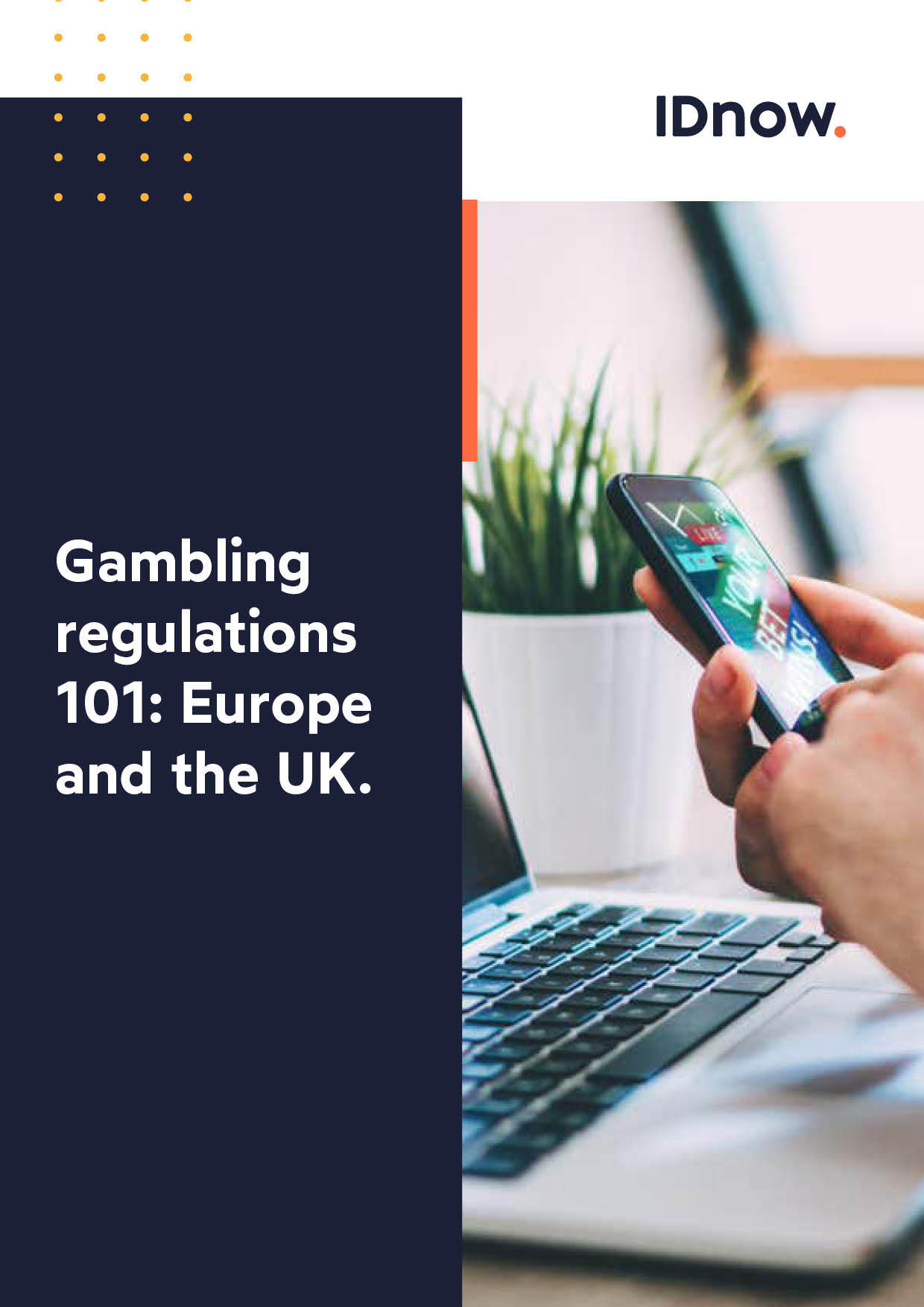Regulation is finally here, and uptake is increasing, are you ready to join Europe’s most lucrative gambling industry?
It’s been more than a decade since the Dutch government took the first step toward regulating its online gambling market. Back in 2012, it was believed the Dutch online gambling market had the potential to become one of Europe’s most lucrative gambling industries. Logically, the legalization and subsequent capitalization of online gambling, which would also put safeguards in place to protect gamers from fraud and underage gambling, seemed like an easy decision for the Dutch government to make.
However, the Netherlands’ journey toward a fully regulated online gambling market was peppered with multiple delays, regime revisions, and millions of euros in fines levied against illegal operators along the way.
The Dutch Remote Gambling Act (KOA) was finally passed in April 2021. In October of the same year, a month before the official launch of the licensed market, the Dutch national regulator De Kansspelautoriteit (KSA) outlined a new series of penalties and tighter rules against unlicensed operators.
Although only a year has passed since the introduction of the fully regulated market, the uptake has been quite impressive. In fact, according to a recent survey by the KSA, eight out of 10 players now bet with legal operators. The goal of the KSA was to attain an 80% channelization rate within three years, but it has exceeded that (85%) within just 12 months.
Playing by the rules. Or else.
With the online Dutch gambling market amassing about €81.4 million per month, the industry is clearly worth protecting. Rewarding those who play by the rules will only allow for further growth. Operators can apply for a gambling permit for €48,000, but those who don’t will face the full wrath of regulators and law enforcement.
KSA has stated that unlicensed operators that attract the most players will be subject to higher fines. For example, illegal providers with a turnover of more than €15 million will be fined 4% of their annual turnover. Operators whose turnover is less than €15 million will be fined €600,00, which is a substantial increase from the €200,000 basic fine introduced in 2019.
Additional fines are levied if operators target minors, or if no information is made available on how to prevent addiction to gambling.
The message from the KSA to unlicensed gambling operators is clear: register to comply with local regulations and requirements – or face the consequences. The longer time goes on, penalties will only become more severe
So, who needs a licence for the Dutch online gambling market?
Any operator, whether domestic or international, that operates in the Netherlands and offers any of the following online games of chance needs to apply for a permit:
- Casino games in which the players play against the license holder (roulette and blackjack, for example).
- Casino games in which the players play against each other (poker, for example).
- Bets on events occurring during a sporting contest or on the outcome of a sporting contest.
- Bets on the outcome of horse racing and harness racing.
Currently, almost three quarters of all gross gaming return is generated through casino games, while 25% comes from sports betting such as the World Cup.
Licence to gamble.
One of the key requirements for gambling operators to earn a permit and adhere to Netherland’s rigorous gaming regulations is the ability to prove they know who their customers are and perform a valid Know Your Customer (KYC) check.
The KSA requires player verification to take place before participation in games. The following information is required: name, date and place of birth, gender, address, and contact details, including at least one email address and phone number.
Before a player can gamble, the gambling provider must also check the Central Register of Exclusion of Games of Chance (Cruks) to see whether the player is registered.
Is it worth it?
Gambling operators, whether from the Netherlands or elsewhere, endure many challenges, such as risks of fraud, underage gambling, regulatory compliance, and increasing competition to offer safer and smoother onboarding processes.
Although the Netherland’s zero-tolerance policy toward illegal gambling has pushed operators to attain a permit, the competition for players is still incredibly fierce.
The customer experience, especially during the sign-up process, is paramount. Operators must make the onboarding experience as intuitive, streamlined, and safe as possible.
IDnow’s experience in offering automated identity proofing experiences for gaming companies, like Eyas Gaming, allows operators to stay compliant and ahead of the game.
IDnow’s AI-powered identity verification tool, AutoIdent streamlines the onboarding process of gambling platforms by scanning players’ identity documents, processing the data and verifying identities within a matter of minutes. It is also compliant with regulations across 195 countries and offers coverage in over 30 languages.
By

Rayissa Armata
Senior Head of Regulatory Affairs at IDnow
Connect with Rayissa on LinkedIn
Online gambling regulations – Europe.




